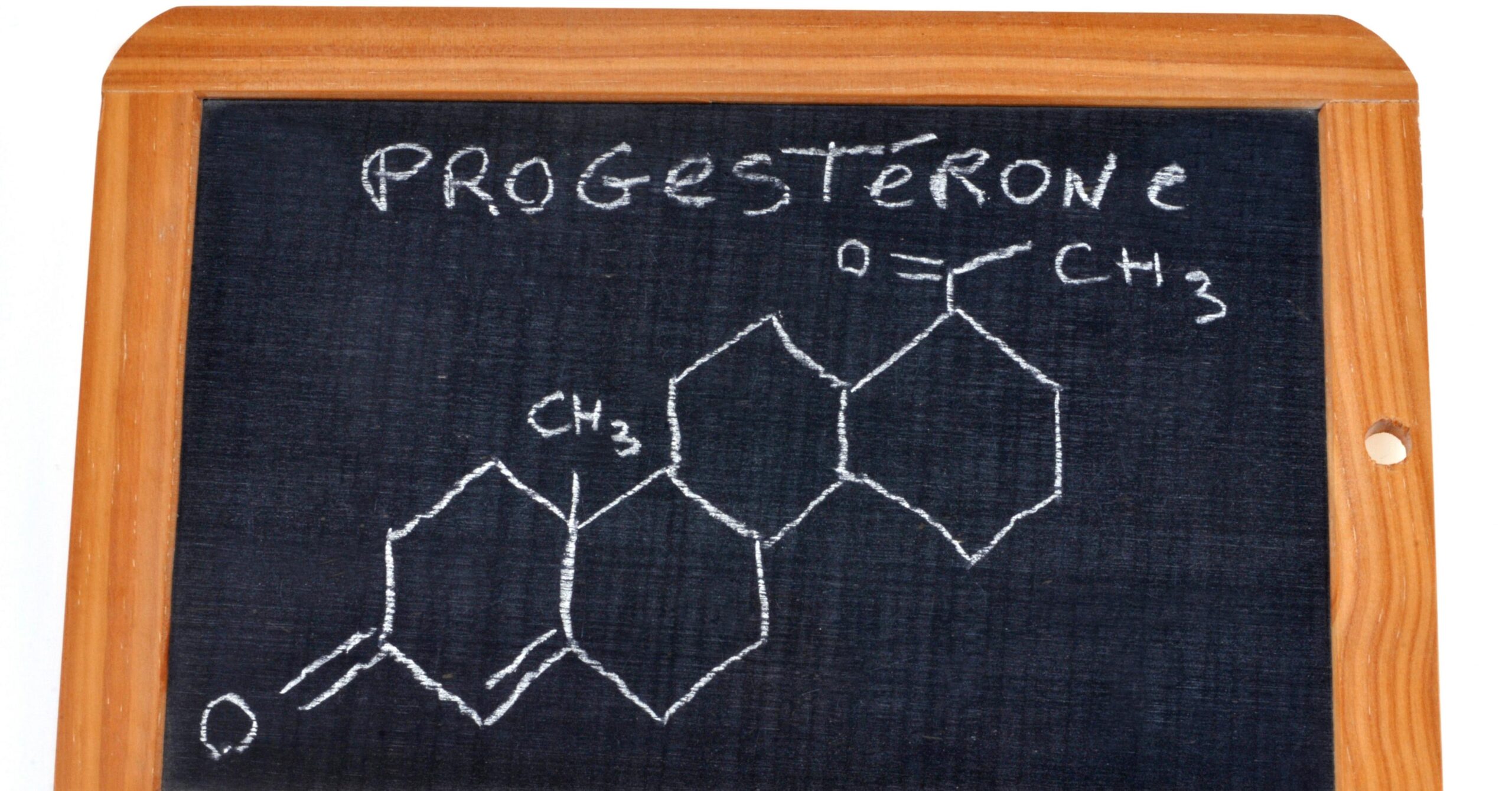Low Progesterone in Women: Surprising Symptoms and Powerful Natural Fixes
Low progesterone in women is a condition that Dr. Sara Gottfried, MD, a hormone expert and board-certified gynecologist, describes as an underdiagnosed issue, can affect women at any reproductive age. It’s one of the first hormones to drop under stress, causing ripple effects throughout the body.
If you’re experiencing irregular periods, unexplained mood swings, or trouble getting pregnant, your progesterone levels might be imbalanced. While estrogen often receives attention in women’s hormone health, progesterone plays a crucial role in maintaining menstrual regularity, fertility, and emotional well-being.
What Is Progesterone and Why Does It Matter?
Progesterone is a hormone released primarily by the corpus luteum after ovulation. It helps regulate your menstrual cycle, prepares the uterus for pregnancy, and supports early fetal development. It also plays a calming role in the brain by supporting GABA receptors, which influence mood and sleep.
Low progesterone can create an imbalance between estrogen and progesterone, often called estrogen dominance, leading to a wide range of physical and emotional symptoms.
Common Symptoms of Low Progesterone
Low progesterone symptoms can vary depending on age and whether or not you’re ovulating regularly. According to Mayo Clinic, common signs include:
- Irregular or missed periods
- Short menstrual cycles (less than 25 days)
- Difficulty getting or staying pregnant
- Spotting between periods
- Breast tenderness
- Anxiety or mood swings
- Insomnia or restless sleep
- Migraines or headaches
- Low libido
- Weight gain, particularly around the midsection
“In my practice, women with low progesterone often describe feeling ‘wired but tired,’” notes Dr. Jolene Brighten, ND, a naturopathic physician specializing in women’s hormones. “They’re anxious at night and exhausted during the day.”
What Causes Low Progesterone?
There’s no single cause, but several common culprits may lead to lower-than-optimal levels of this vital hormone:
1. Chronic Stress
Stress increases cortisol production, which can suppress ovulation and lower progesterone levels.
2. Anovulatory Cycles
If you don’t ovulate, you don’t make enough progesterone. This is common in PCOS, perimenopause, and hypothalamic amenorrhea.
3. Thyroid Dysfunction
An underactive thyroid can reduce luteinizing hormone (LH), impacting ovulation and progesterone production.
4. Age and Perimenopause
Women in their late 30s and 40s may experience lower progesterone as ovulation becomes less regular.
5. Poor Diet or Nutrient Deficiencies
Lack of vitamin B6, magnesium, and zinc can interfere with progesterone synthesis.
New Research on Progesterone Deficiency
A 2022 study published in The Journal of Clinical Endocrinology & Metabolism revealed that women with consistently low luteal-phase progesterone levels were more prone to experiencing early pregnancy loss and severe premenstrual mood symptoms. Furthermore, the study linked low progesterone levels to higher inflammation markers, highlighting its significant influence on immune and metabolic health.
The findings underscore the significance of early testing and intervention for women attempting to conceive or managing hormonal imbalances.
Public Health Impact: Why It Matters
Progesterone deficiency isn’t just a fertility issue; it also impacts various aspects of a woman’s life, including quality of life, sleep, metabolism, and mental health. This is particularly true for women in their 30s and 40s, who often face the challenges of juggling careers, motherhood, and chronic stress.
Awareness is crucial in preventing misdiagnoses of symptoms as anxiety, depression, or even early menopause, which can delay effective treatment and prolong suffering. Consequently, the CDC and NIH have recognized menstrual health education as a public health priority.
How to Naturally Support Progesterone Levels
While medication may be necessary in some cases, many women benefit from natural strategies that support ovulation and hormone production:
1. Manage Stress Proactively
Try yoga, meditation, or journaling to lower cortisol levels and protect ovulation. Even 10 minutes a day can help.
2. Eat for Hormone Health
Focus on whole foods, healthy fats (like avocado and olive oil), and B-vitamin-rich foods such as leafy greens, eggs, and lentils.
3. Seed Cycling
This natural remedy involves rotating flax/sesame and sunflower/pumpkin seeds during different phases of your cycle to promote hormone balance.
4. Support Sleep
Aim for 7–9 hours of quality sleep. Avoid screens before bed and consider magnesium glycinate as a gentle sleep aid.
5. Supplements
Consult your doctor about:
- Chasteberry (Vitex) – may improve luteal-phase progesterone
- Vitamin B6 – supports progesterone production
- Magnesium and zinc – essential for hormone synthesis
6. Hormonal Support
In cases of severe deficiency, your provider may recommend:
- Bioidentical progesterone cream or capsules
- Cyclic progesterone therapy for perimenopause
- Prescription progesterone for fertility or miscarriage prevention
Always work with a licensed practitioner before starting hormone replacement therapy.
Take Charge of Your Hormonal Health
Low progesterone levels can make you feel like a stranger in your own body, but it’s not just a figment of your imagination. From irregular periods to anxiety and sleep disturbances, these symptoms are real and can be effectively treated.
If your menstrual cycle feels irregular or you experience a sudden change in your mood or energy levels, Dr. Gottfried advises against ignoring these symptoms. Instead, seek medical attention, monitor your symptoms, and take proactive steps to support your overall hormone health.
With the right guidance and care, you can restore balance, regain energy, and rediscover your true self.






